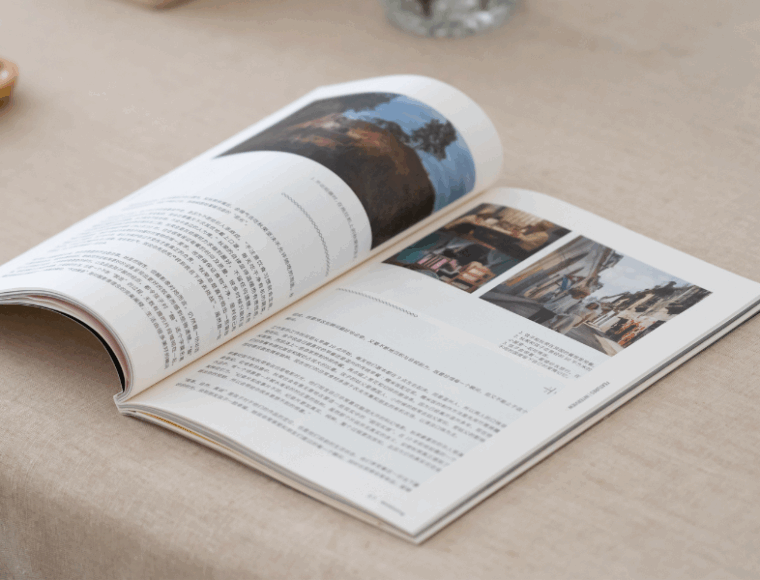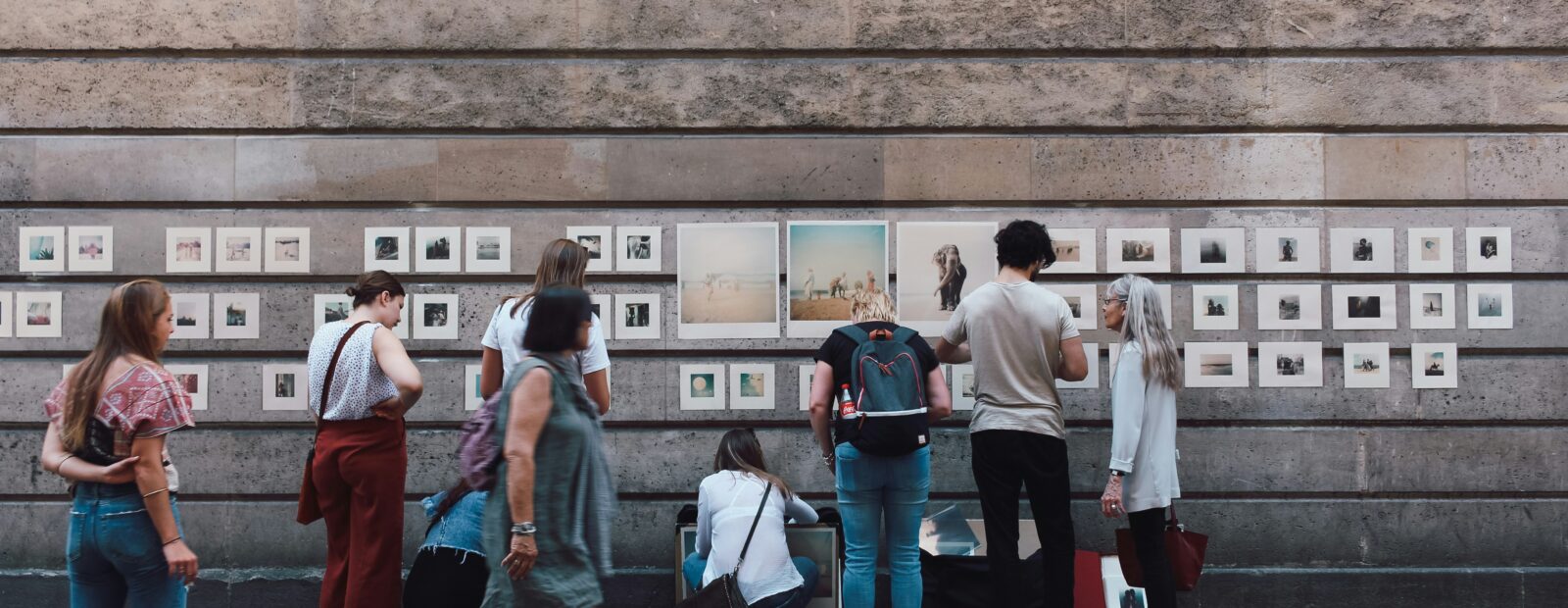


Browse Our Newsletter
Healing Systems, Not Just People: Healing Health Inequalities
Read more

A new report addressing skills and health inequality in London by the Institute for Health Equity highlights the importance of investment in community based adult learning courses, for building social networks, developing hobbies, reducing loneliness and developing confidence and wider abilities.
Learning is a creative activity which improves mental health, alleviates depression and studies indicate it prevents dementia. From craft classes in Lambeth to painting in Ealing, our residents and participants have shared examples of learning and development opportunities in face-to-face settings, that have positively impacted their mental health, sense of purpose and self-confidence.
Unfortunately, across London boroughs, many community classes and activities accessed by diverse groups experiencing health inequalities are no longer funded by Local Authorities as resources are focused on services deemed higher priority. Preventative approaches are seen as desirable but not essential. This crisis-oriented approach to health has pushed public services towards crisis.
Worsening trends in health inequalities in the last decade have been evidenced by the steep increases in welfare requests Prime Minister Rishi Sunak raised concerns about during recent visits and public appearances around the country. At Social Interest Group, we want to see people supported to work in an empowering manner. Most of our residents and participants tell us that this is an aspiration for them. They also share with us the significant barriers that stand in the way of their desire to work, from mental health to low wages and high living costs.
Cohesive policies across health, learning and development, housing and employment will enable many to gain autonomy, dignity and sustained wellbeing. Enabling people to learn skills and develop confidence, allows them to progress into and crucially maintain employment. Investing money into existing community groups, faith organisations and service providers, enables access for seldom heard groups.
The NHS has begun to incorporate this approach through creative health initiatives in public health; using creative and cultural practice to raise awareness, resilience and participation amongst communities experiencing health inequalities. In some areas, these creative projects are being used as co-production opportunities, so that treatment pathways are shaped by the needs of those experiencing health inequalities.
The outcomes evidenced from using creative expression and learning for health outcomes is powerful: Research amongst those with Severe Mental Illness (SMI) by the Baring Foundation shows that group arts engagement can provide an identity beyond a mental illness diagnosis, increase self-belief and generate compassion both for the self and others. Creative activities are found to allow people to identify the outcomes that are important to them.
At Social Interest Group, our Safe Ground programmes take place in both secure and community settings and use arts and therapeutic group-work techniques to explore and develop ideas around identity and values. The use of creative stimulus, whether it be drama, poetry or visual art, enables new thoughts, feelings and ideas to emerge about the possibilities of future goals and aspirations.
With facilitators supporting participants towards new ways of seeing the world, a sense of collective responsibility and shared goals invests people with meaning and belief in others. The enabling environment of a small group creatively addressing attitudes and behaviours in a supportive way, valuing each other’s contributions, exemplifies tangibly, what healthy community is meant to be. As participants realise their ability to create community, they grow in confidence and hope.
We want to see creative health approaches to addressing health inequalities embedded in public services, so that we are all enabled to succeed in our personal vision for health and fulfilment, and to contribute to the wellbeing of our communities.
‘Skills and Health Inequality in London’, The Institute for Health Equity
‘Creative Health Review’, The National Centre for Creative Health